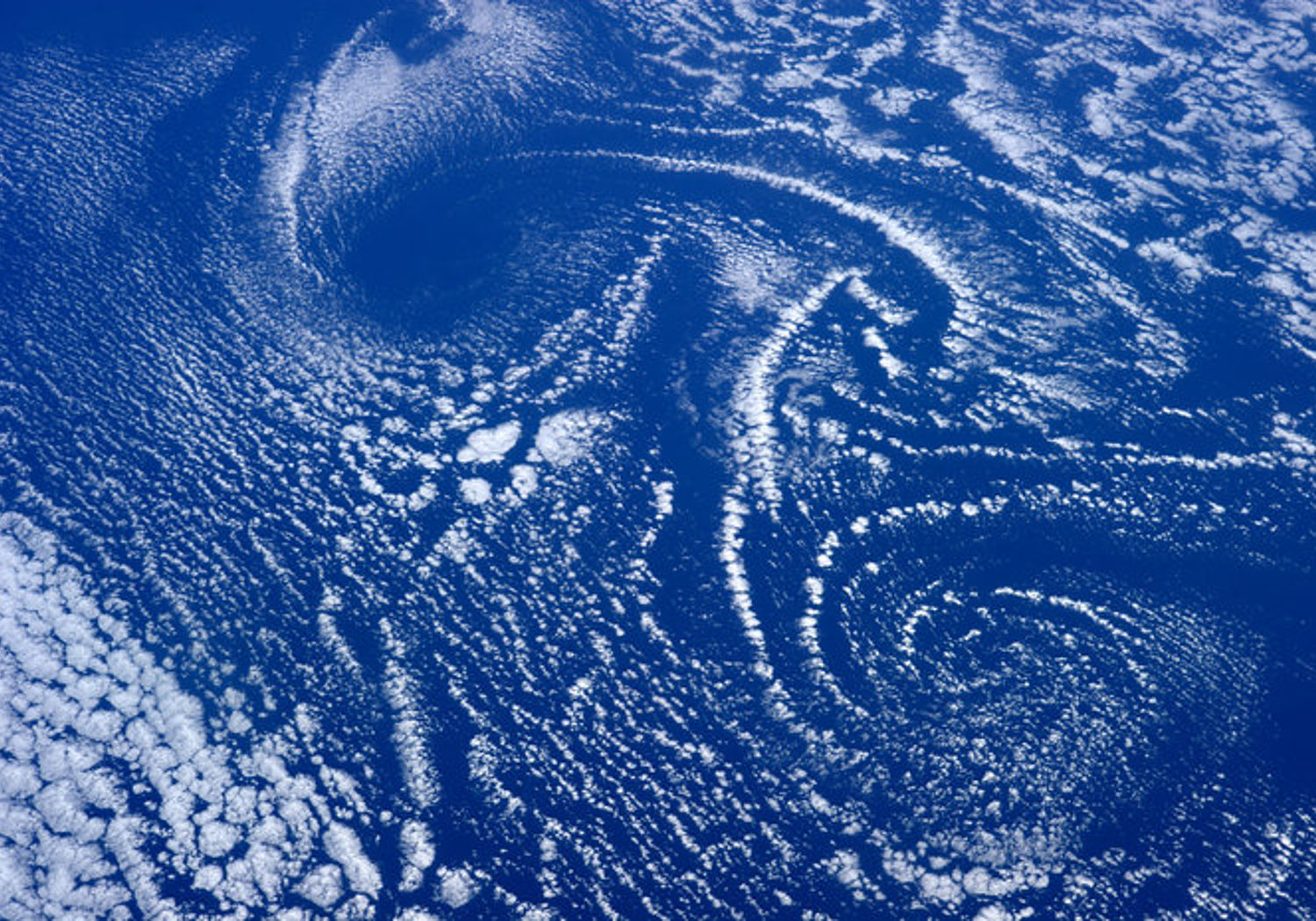Metrology for pressure, temperature, humidity and airspeed in the atmosphere
Improving climate models through better measurement: Improving measurements of pressure, temperature, humidity and airspeed

This project addressed improved data for a group of Essential Climate Variables – surface and upper air measurements of temperature, pressure, humidity and airspeed – collected at weather stations worldwide. The research focused on improved measurement accuracy, innovative practical calibration methods and instrumentation for use in the field.
The project developed:
- A traceability chain for upper air humidity, temperature and wind-speed sensor calibration based on improved facilities at NMIs.
- Novel instrumentation for measuring humidity – a self-calibrating hygrometer based on tunable diode laser absorption spectroscopy (TDLAS) that will reduce operating costs; a new generation of compact, robust and high-sensitivity hygrometers; and a novel portable humidity transfer standard for use in situ at weather stations.
- Novel free-space non-contact multi-parameter atmospheric measurement sensors and measurement techniques to enable rapid simultaneous measurements of temperature, pressure and relative humidity of the same air mass, while reducing the influence of the sensors themselves on the measurements.
- Best practice procedures for cost-effective in-situ calibration of automated weather stations and the development of an in-situ calibration system, with simultaneous and independent control of pressure, temperature, and humidity. A closed loop wind tunnel, with temperature and pressure control is now available for calibration and testing of weather instruments and contributions were made to revised good practice guides published by WMO and the Global Climate Observing System Reference Upper-Air Network (GRUAN).
The project team worked with a wide range of stakeholders – such as the World Meteorological Organisation, GRUAN, the International Surface Temperature Initiative, climatology centres, as well as instrumentation suppliers – to understand their needs and provide practical solutions. The new calibration services have been used by a number of meteorological and climate institutes to date and the in-situ calibration system, for example, has been used in harsh environments in the Arctic Circle and Himalaya, supporting improved climate data, analysis and modelling. The instrumentation developed and intercomparisons of existing equipment undertaken are enabling manufacturers to develop a new generation of accurate and robust products.
International Journal of Thermophysics
Meteorological Applications
Meteorological Applications
Italian Journal of Agrometeorology
Atmospheric and Climate Sciences
International Journal of Thermophysics
JOURNAL OF ATMOSPHERIC AND OCEANIC TECHNOLOGY
NCSL Measure J. Meas. Sci.
Climate of the Past
INTERNATIONAL JOURNAL OF CLIMATOLOGY
AIP Conference Proceedings
Journ. of Automation, Mobile Robotrics&Inteligent Systems
INTERNATIONAL JOURNAL OF THERMOPHYSICS
Review of Scientific Instruments
Int. J. Thermophysics
Participating EURAMET NMIs and DIs
CEM (Spain)
CMI (Czechia)
DTI (Denmark)
GUM (Poland)
INRIM (Italy)
INTA (Spain)
INTiBS (Poland)
JV (Norway)
LNE-CETIAT (France)
LNE-LCM/CNAM (France)
MIKES (Finland)
MIRS/UL-FE/LMK (Slovenia)
NPL (United Kingdom)
PTB (Germany)
RISE (Sweden)
SMD (Belgium)
SMU (Slovakia)
UME (Türkiye)
Other Participants
Aarhus Universitet (Denmark)
Chalmers tekniska hoegskola AB (Sweden)
Uniwersytet Wroclawski (Poland)
Information